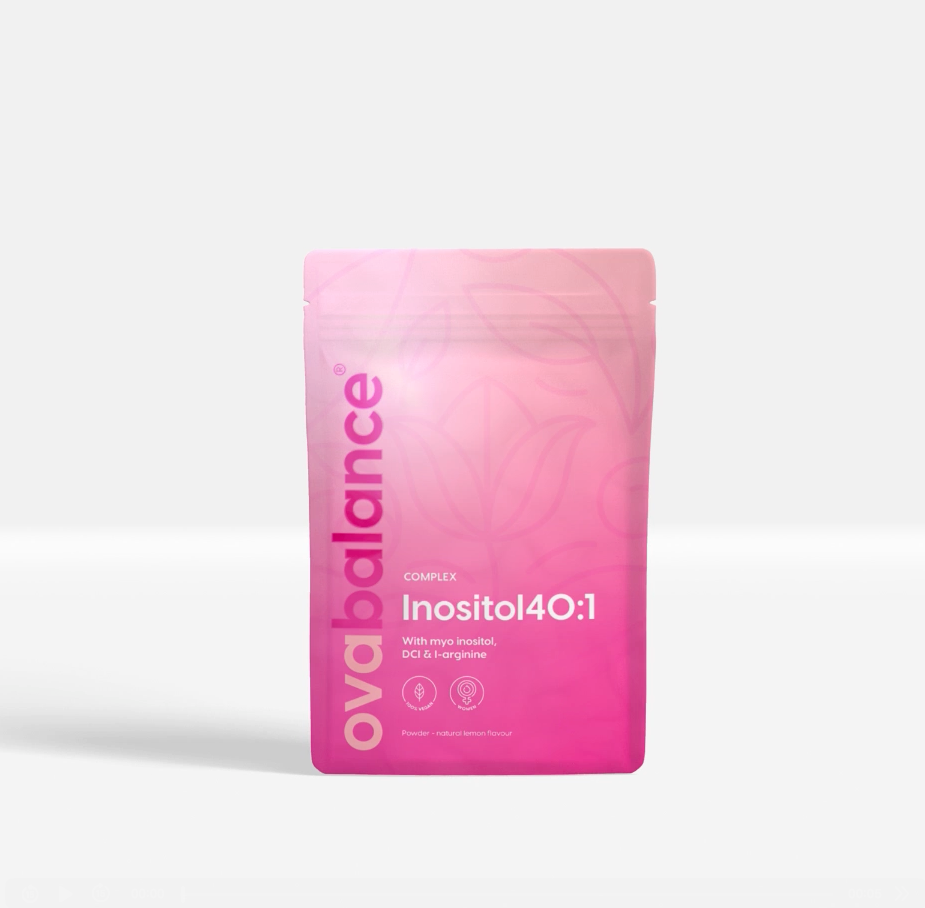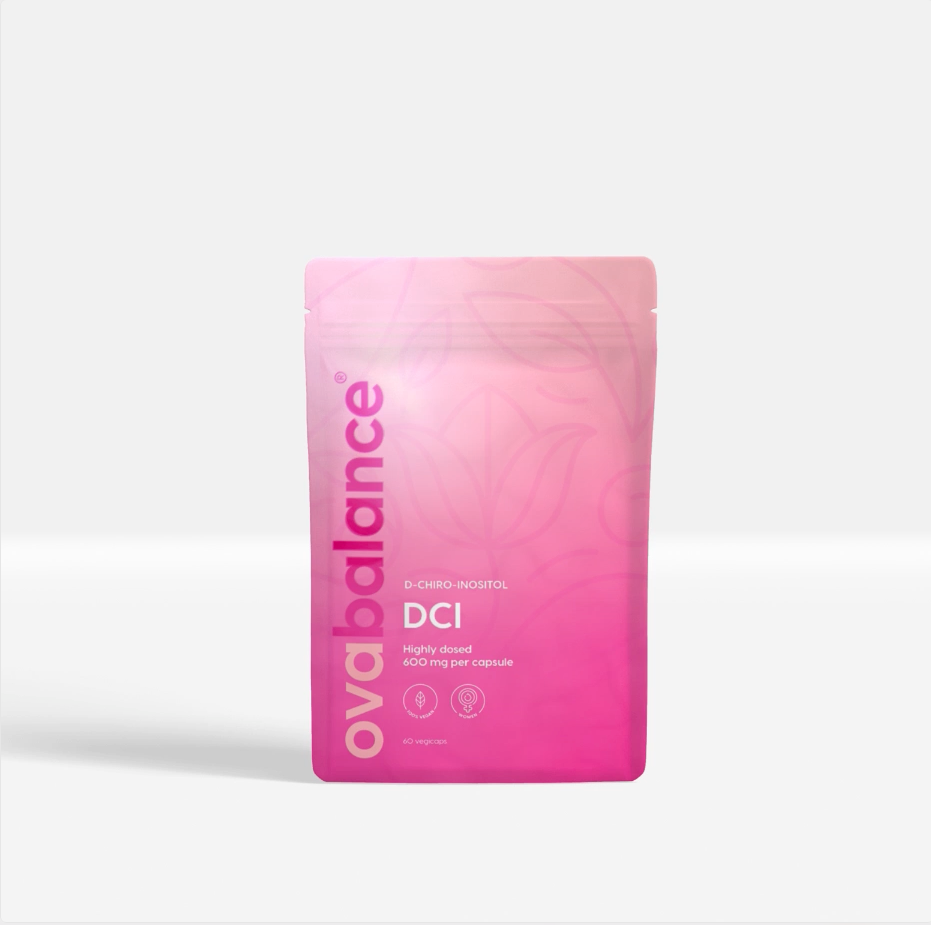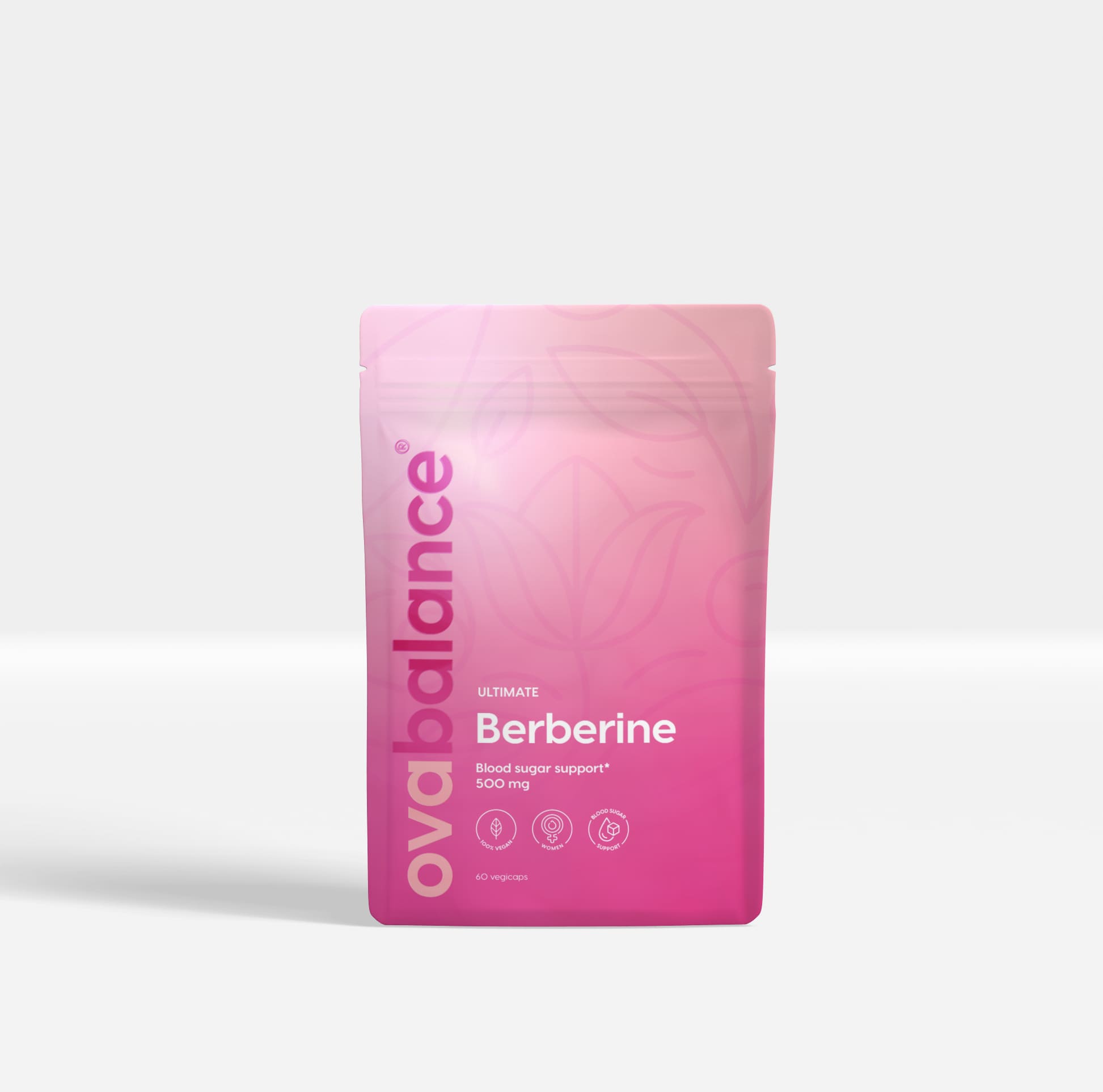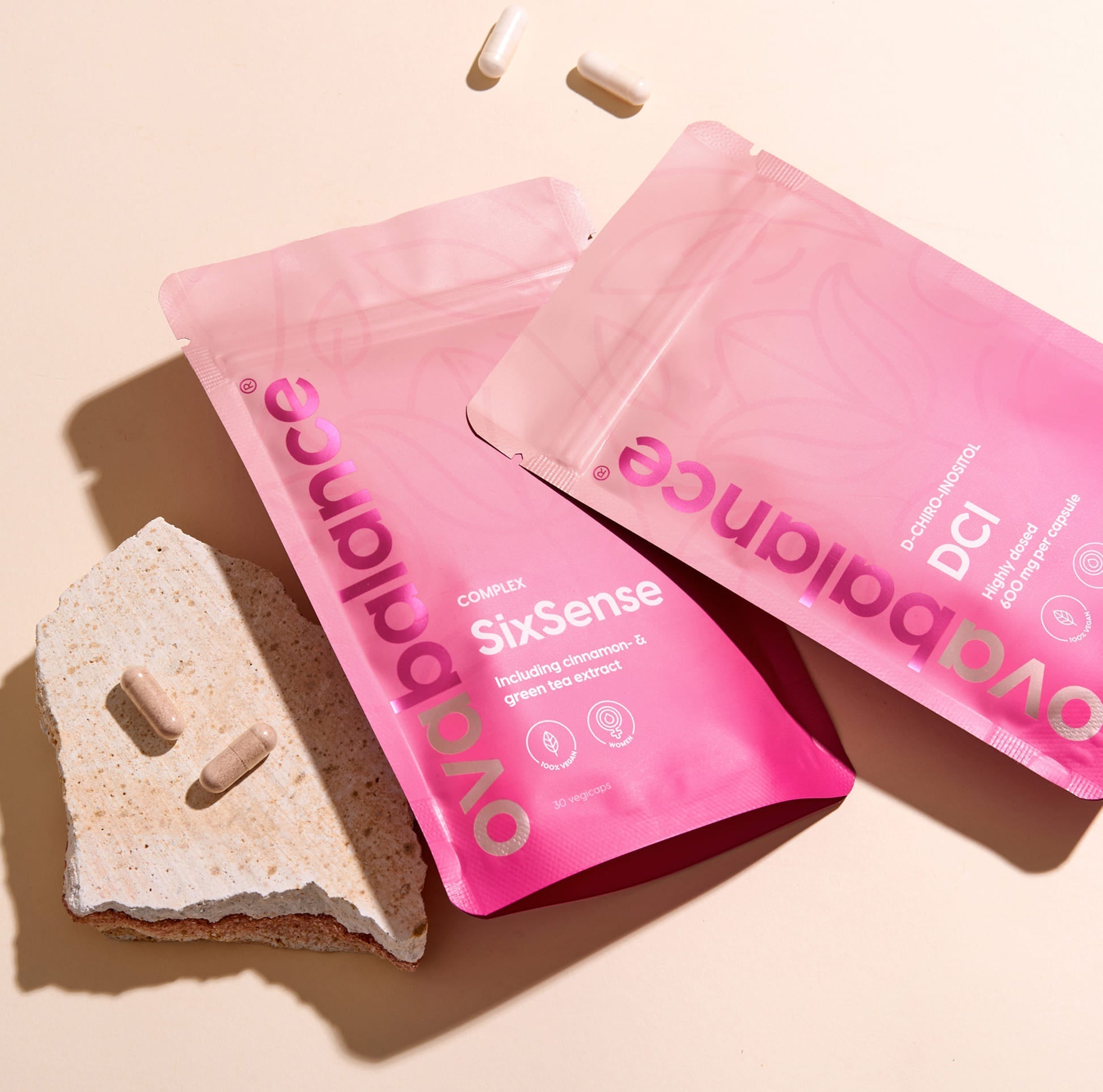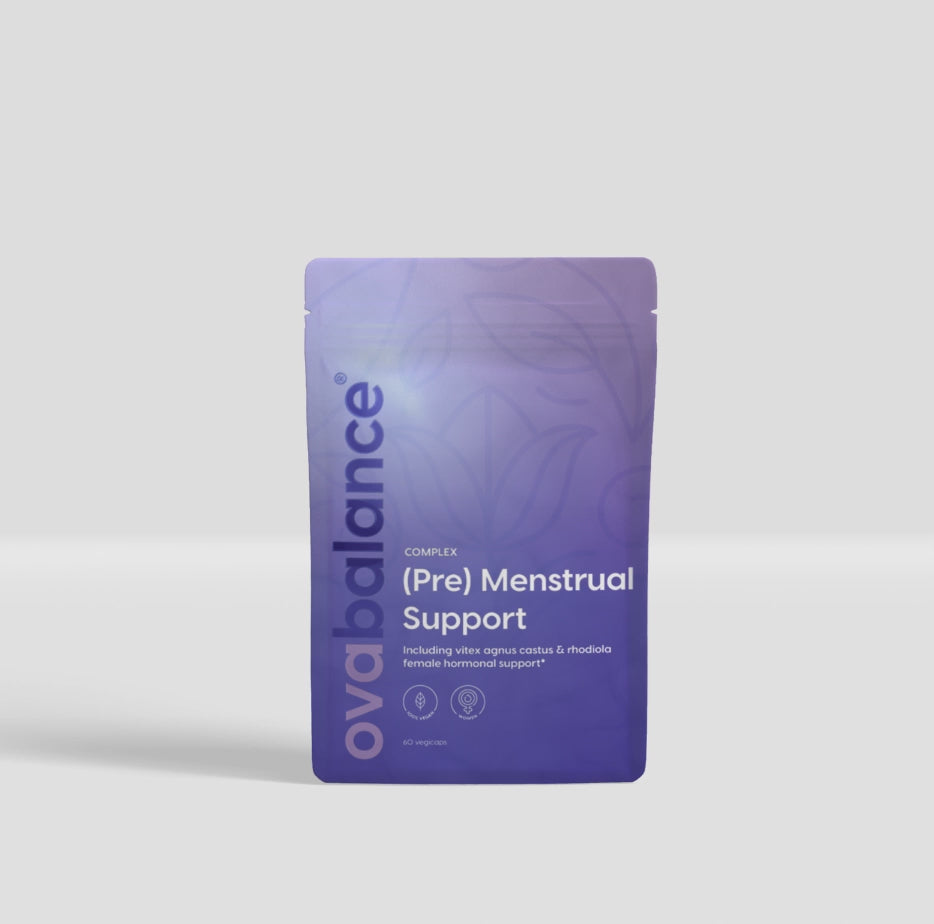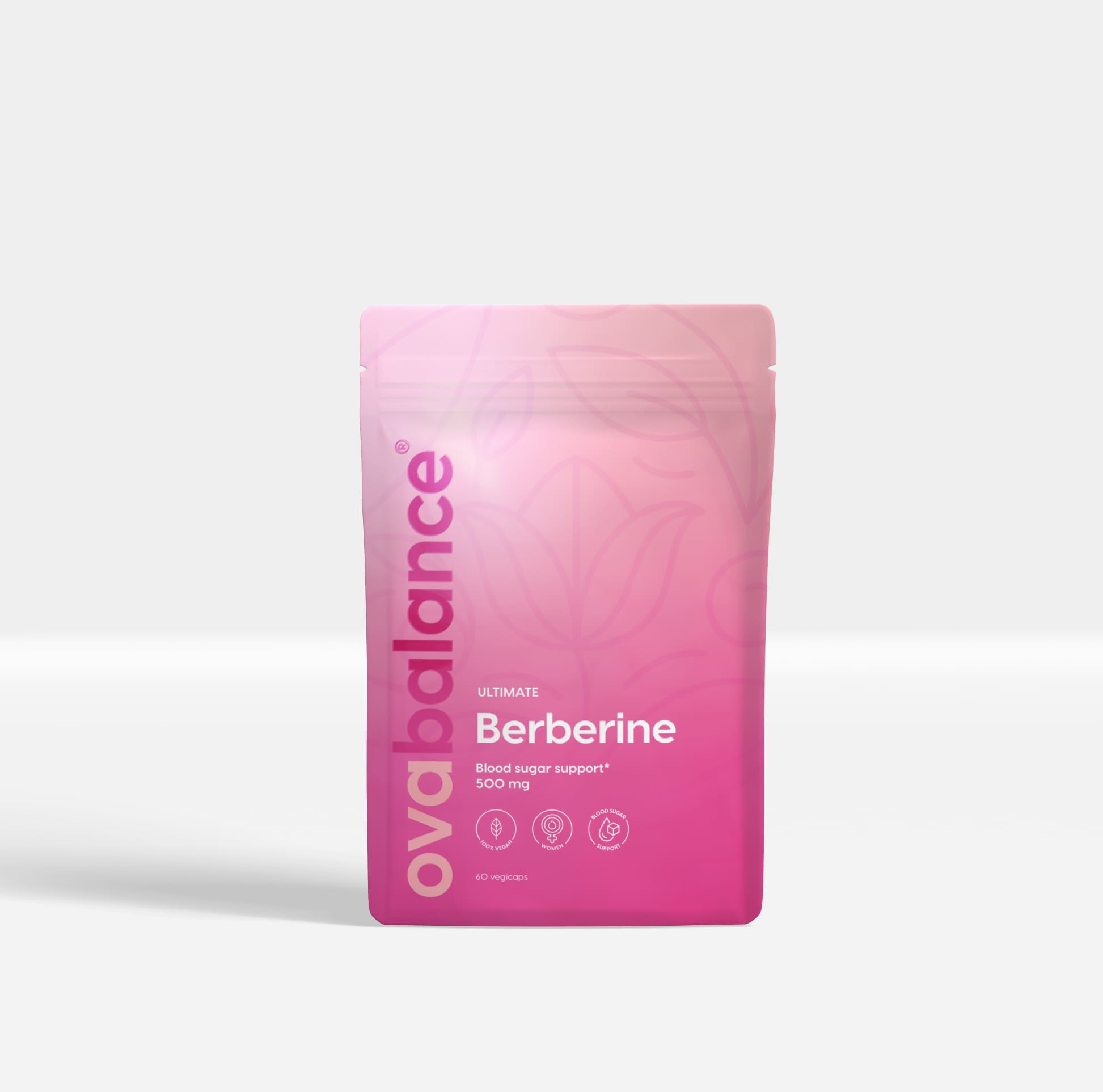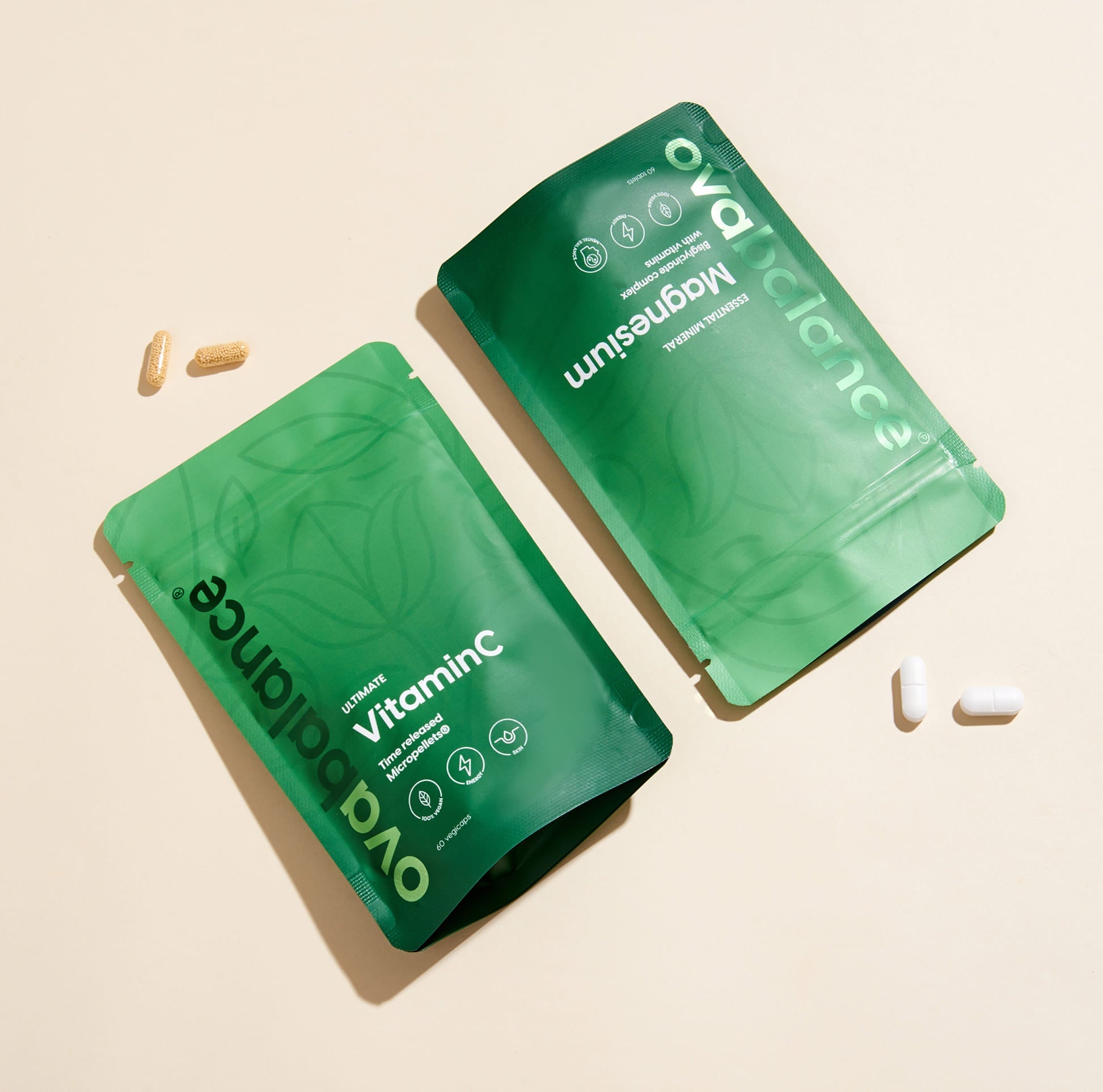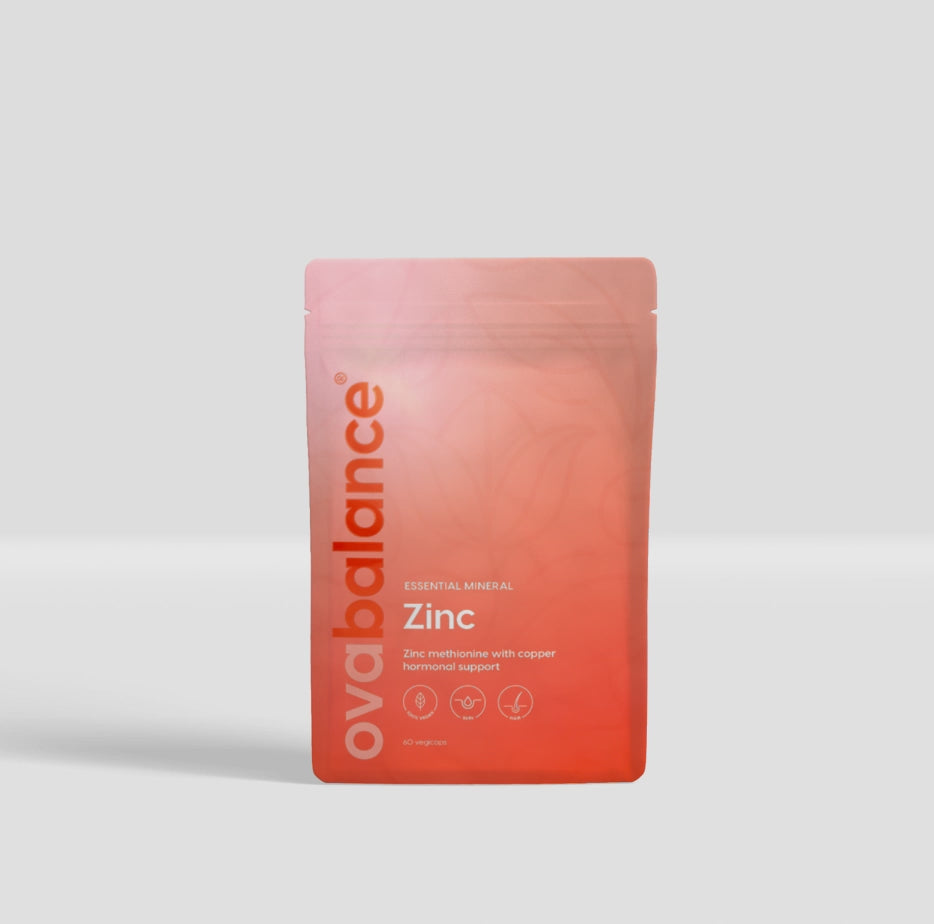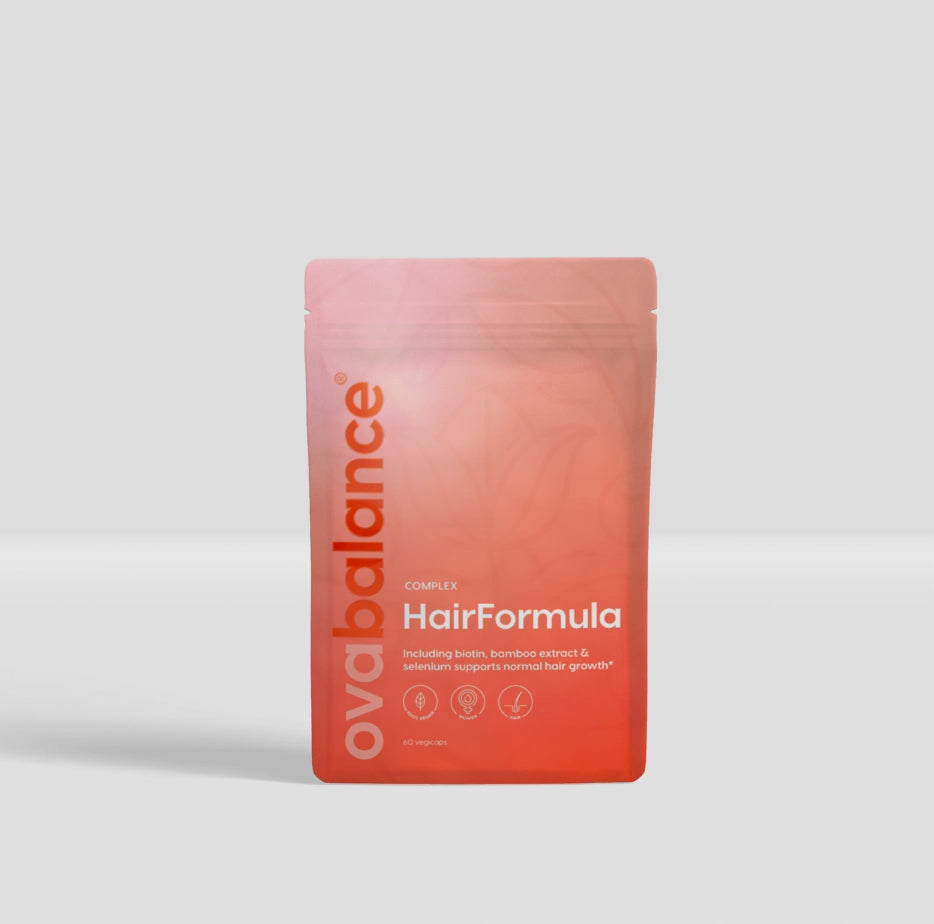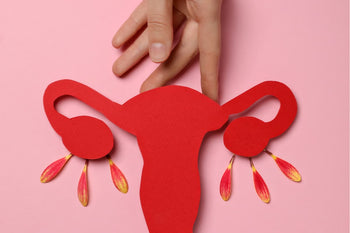

Nine months on - nine months off, right? After your pregnancy, the de-pregnancy phase begins: the phase in which your body searches for a new balance. Your pregnancy is over and the hormones in your body are going through all sorts of changes again. Read on and find out everything about de-pregnancy.
Your baby has just been born and right now everything revolves around your little one. It is understandable that as a new mother you have little time and energy to focus on your own body. However, it is important to take good care of yourself after giving birth, especially when it comes to restoring your hormones.
The process of hormone recovery after childbirth is also called "de-pregnancy." In this article, we'll discuss what de-pregnancy entails, what hormones are involved, and what steps you can take to bring your hormones back into balance.
Contents
What is de-pregnancy?
Depregnancy is the process of your body returning to the state it was in before you became pregnant after giving birth. During pregnancy and childbirth, your body goes through several changes, including hormonal fluctuations, weight gain, and physical transformations such as uterine growth.
After giving birth, the process of de-pregnancy begins, where the body gradually reverses these changes. You return to the state you were in before you became pregnant. This process can take from a few weeks to a few months and is accompanied by various symptoms.
Postpartum hormones
Hormones play an important role in the process of weaning. The amount of progesterone and estrogen in your body decreases rapidly. Hormones immediately initiate processes after your pregnancy, such as the initiation of breastfeeding and the contraction of the uterus. The changes in your hormones can also be accompanied by discomfort.
Possible symptoms after your pregnancy
After giving birth, you will experience various symptoms that are associated with the process of de-pregnancy. Some common symptoms are:
· Aftereffects
In the first few days after giving birth, you may experience afterpains. These are contractions of the uterus, just like labor pains, but after your baby has been born. These contractions can be quite painful and are often described as severe menstrual cramps. Afterpains help the uterus return to its original size.
· Engorgement and painful breasts
After giving birth, the hormone prolactin ensures that breastfeeding starts. Especially in the postpartum week, this often also causes considerable engorgement of the breasts. The breasts then feel very full and tense. This can sometimes be quite painful and sometimes also makes drinking difficult for the baby, because latching on becomes more difficult. Expressing can help to relieve the worst pressure.
· Bleeding
After giving birth, you will experience bleeding. It is comparable to a heavy menstruation. In addition to blood, you can also lose clots and the bleeding lasts much longer than a normal menstruation. Bleeding after giving birth can last up to six weeks.
· Fatigue
Having a baby is both physically and emotionally tiring. It is important to rest and sleep when possible. Also seek support from family and friends so that you have time to rest for an hour every now and then.
· Pelvic floor and abdominal muscle complaints
Hormones make your pelvis more flexible during pregnancy, so that childbirth is possible. And during childbirth itself, the pelvis is stretched considerably. This can cause discomfort. For example, it can cause a pressure feeling on your vulva, and in some women this also causes urine leakage.
Your abdominal muscles also stretch a lot during your pregnancy, to make room for the growing belly. They even move apart a bit, as a result of the hormone relaxin.
After giving birth, pelvic floor and abdominal muscle complaints can usually recover under the influence of hormones and with the right exercises.
· Sweating
Some women experience excessive sweating after giving birth. It is your body’s way of getting rid of the extra fluid you retain during pregnancy. In addition, the drop in the hormone estrogen plays a role. This can also lead to sweating and hot flashes.
Are you sweating a lot? Make sure you drink enough to replenish fluids. If sweating is accompanied by other symptoms such as fever, it is important to contact your doctor, as this may indicate an infection or other medical complication.
· Change in mood
You may feel different and have crying spells and mood swings shortly after giving birth. That’s all part of it. You’re dealing with hormonal fluctuations as a result of giving birth, combined with the rising levels of stress hormones and a good dose of sleep deprivation. That sounds like a recipe for mood swings.
· Postpartum blues
Typically, women experience the “baby blues” sometime between day 3 and day 5 after giving birth. Crying fits can strike you out of nowhere. And sometimes you don’t even know why you’re crying. The lack of sleep and hormonal fluctuations take their toll.
· Hair loss
The sudden drop in estrogen after childbirth causes many of the hair follicles from which your hair grows to enter a resting phase. As a result, a lot of hair falls out for 2 to 3 months after childbirth. This is normal and will stabilize on its own. To support this, you can use a supplement such as HairFormula . This supplement contains 9 real hair nutrients that support normal hair growth.
How long does it take to get over pregnancy?
Your body needs plenty of time to fully recover from pregnancy and to get all the hormones back into balance. It also takes time for your body to get used to this new situation. And we are not just talking about all the physical changes. But also about the change that the birth of your child has brought about: the new family situation and the not always good nights.
In general, it is said: 9 months pregnant, that also means 9 months of de-pregnancy. But for one woman the process takes a bit shorter and for another a bit longer. You can take the time you need to find your way and your rhythm in this new chapter of your life.
What can you do to balance your hormones?
There are a number of things you can do to help balance your hormones after giving birth.
Healthy eating : Eat a healthy and varied diet. Choose foods that are rich in nutrients that contribute to hormonal balance, such as magnesium, vitamin D and essential fatty acids. You can also supplement your healthy dietwith postpartum nutritional supplements to support hormonal balance.
Stress and relaxation : Preventing or reducing stress is also important to maintain your hormonal balance. Now, as a new mother, that is of course quite a challenge. However, it is really important to take good care of yourself. For example, try to take a moment every day for yoga or meditation to reduce your stress level. For example, during your child's nap.
Exercise : Regular exercise also has a positive effect on your hormonal balance. It regulates stress hormones and as a result of exercise, the happiness hormone endorphin is released.
Want to read more about hormones and your hormone cycle? The hormone cycle explained >>

